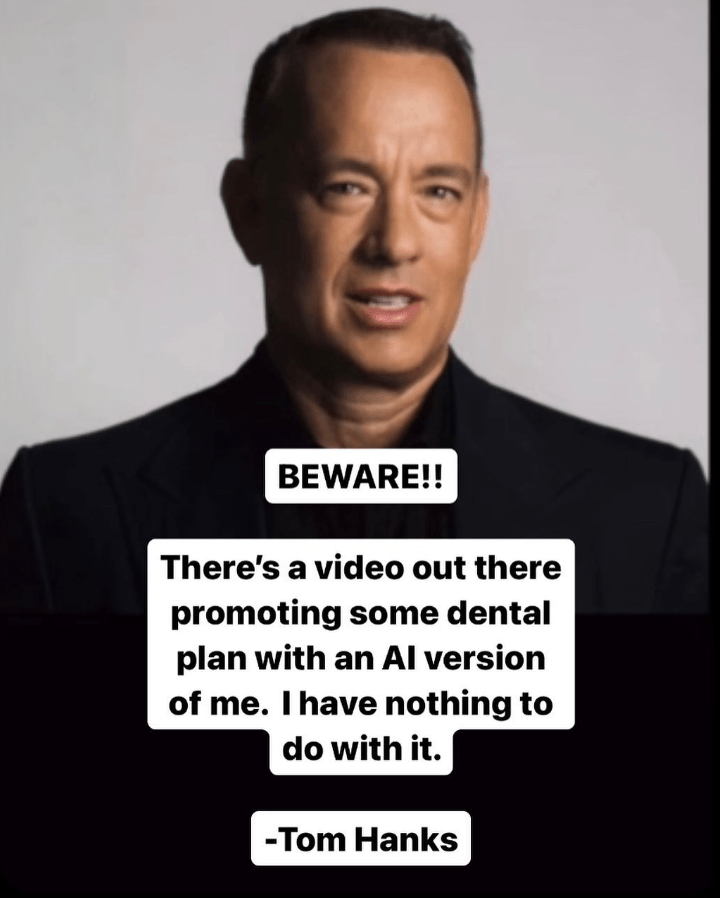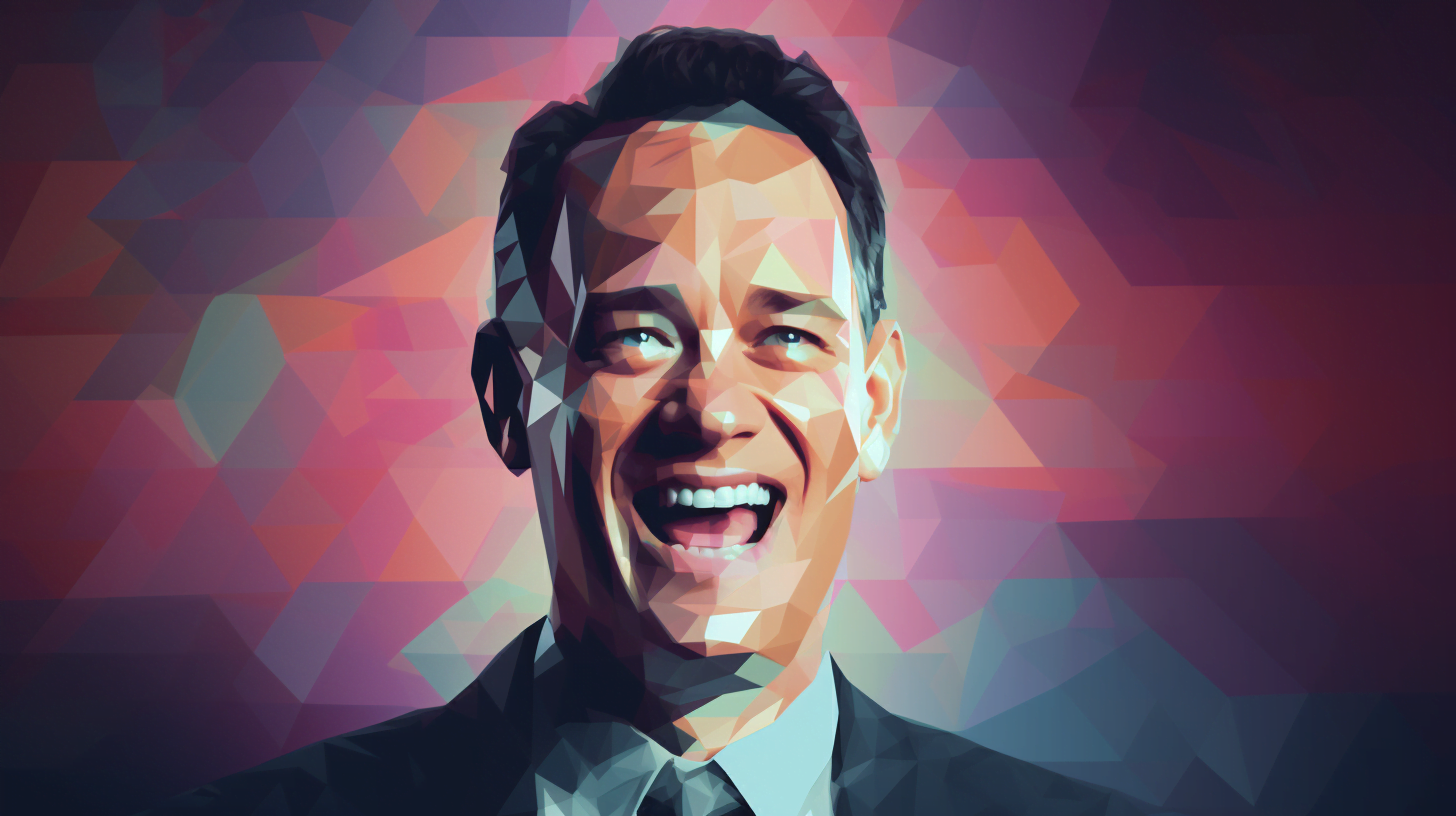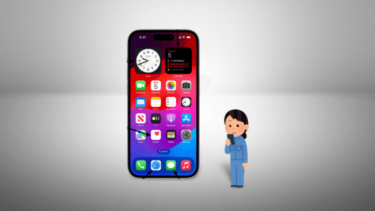An "AI version" of Tom Hanks is promoting a dental insurance policy without the actor's permission. The actor warns about the scam on his social media channels.
On his official Instagram channel, Tom Hanks warns of an "AI version" of himself promoting dental insurance. He posted a screenshot of the video: "Beware! [...] I have nothing to do with this," Hanks writes on the screenshot of the video, which shows a younger Tom Hanks.

A similar thing happened in Germany to news anchors Christian Sievers and André Schünke, who both became unwitting protagonists of social media advertising for a dubious AI investment product.
The deepfake scheme: fame and lots of visual and audio material
In the cases above, the optimal conditions for deepfake scams are met: Victims have lots of video and audio of themselves on the web to train AI systems. And they have familiar faces, so the ads have a strong impact.
But that doesn't mean lesser-known people are safe from deepfakes: Data training for AI systems is becoming increasingly efficient. For voice cloning, seconds of your voice are enough to generate a believable digital twin.
If you really want to be safe from AI clones, don't post pictures or sounds of yourself on the Internet, and take down everything you've posted so far.
Of course, that's not going to happen, so we'd better get used to the possibility of deepfakes and try to consume media mostly from official channels. In this case, social media advertisers are also responsible, because they need methods to make sure that ads don't violate people's personal rights.
In this regard, the prediction of Ian Goodfellow, the inventor of the GAN image generation technique, the original deepfake technology, seems to be coming true. Back in 2017, he predicted that people would no longer be able to believe images and videos on the web due to new technical capabilities.
Hao Li, a computer scientist specializing in AI and deepfakes who has worked in the film industry for many years, believes that deepfakes will reach a level of perfection where neither the human eye nor machine detectors will be able to distinguish them from the original. Ultimately, he says, videos, including deepfakes, are just pixels with specific color values.







